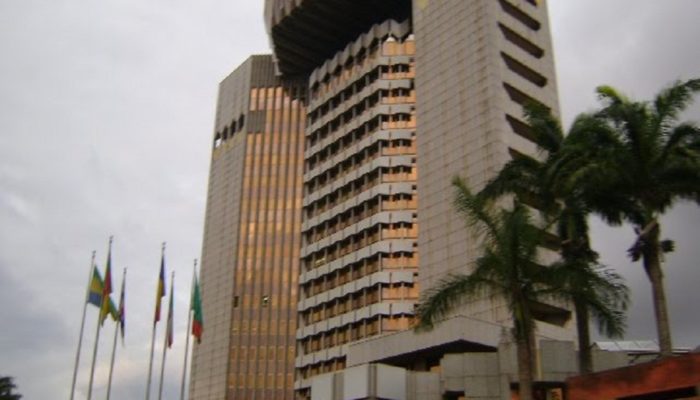The “reasonable” deadline fixed at CEMAC and BEAC by the Heads of state of the sub-region to propose a reform plan for the common currency is clearly not yet exhausted.
On November 22, 2019, the heads of state of the countries of the Central African Economic and Monetary Community CEMAC (Paul Biya from Cameroon, Faustin Archange Touadera from RCA, Denis Sassou Nguesso from Congo, Téodoro Obiang Nguema Mbasogo from Equatorial Guinea, Idriss Deby Itno from Chad, Gabon was represented by his Prime Minister, Julien Nkoghe Bekale) met in Yaoundé to examine the economic and monetary situation in this sub-region.
This Extraordinary summit aimed, among other things, to take stock of the first generation economic and financial programs concluded with the International Monetary Fund (IMF), but above all, to give the position of Central Africa in the face of the lively controversy imposed in public space, by civil society leaders and activists on the subject of the CFA franc.
“Specifically examining the monetary question, the Heads of State and Government affirmed their desire to have a stable and strong common currency. Concerning in particular monetary cooperation with France, relating to the CFA franc, they decided to initiate an in-depth reflection on the conditions and the framework of a new cooperation. To this end, they instructed the CEMAC Commission and BEAC to propose, within a reasonable time, an appropriate plan, leading to the development of the common currency, “announced the heads of state of CEMAC the outcome of this extraordinary summit. An option which was at the time variously appreciated: cautious, methodical and reasonable approach for some, “flight ahead”, “procrastination”, and even “pumice-pilatism” for others.
In any case, six months after this summit, no information has filtered into public space about the work of the CEMAC and BEAC Commission relating to the development of the Central African CFA franc. However, the region, whose balance of payments remains structurally in deficit causing repetitive cycles of external instability of its currency and threat of devaluation, is in great need of dusting off its monetary relationship with France. The UEMOA having decided to move forward on the issue, even with small steps and backwards, its experience will be particularly watched in Central Africa. Cleverly, the CEMAC countries will be able to benefit from the lessons learned from possible UEMOA mistakes.






